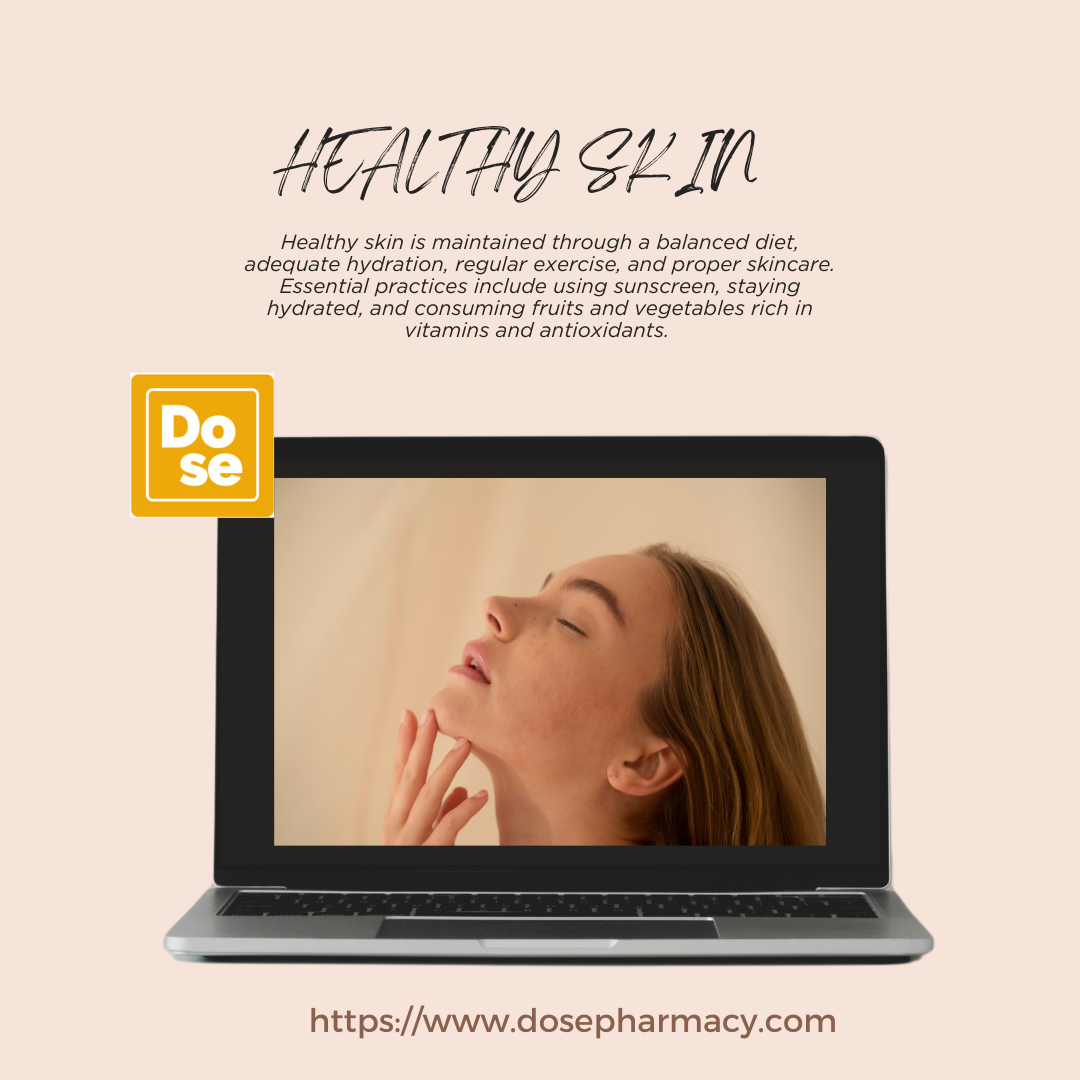Acne is a common skin condition affecting millions worldwide, ranging from mild breakouts to severe, persistent forms. Among the various types of acne, hormonal acne is particularly challenging, as it is often linked to fluctuations in hormones like androgens, estrogen, and progesterone. This type of acne commonly appears around the jawline, chin, and lower face and can persist even into adulthood, causing physical discomfort and emotional stress.
Understanding Hormonal Acne
Hormonal acne occurs when hormonal imbalances trigger excessive sebum production in the skin’s oil glands. Androgens, male hormones present in both men and women, play a key role in stimulating sebum production. Excess sebum can mix with dead skin cells, blocking hair follicles and creating an environment for bacterial growth, particularly Propionibacterium acnes (P. acnes). This combination leads to inflammation, pimples, cysts, and sometimes painful nodules.
Factors contributing to hormonal acne include menstrual cycles, polycystic ovary syndrome (PCOS), stress, and age-related hormonal changes. Unlike acne caused by external factors like diet or skincare products, hormonal acne requires treatments that address underlying hormonal influences.
Isotretinoin: A Powerful Solution
Isotretinoin 20mg, a derivative of vitamin A, is widely recognized as one of the most effective treatments for severe and treatment-resistant acne. It works by targeting multiple factors that cause acne. Primarily, isotretinoin reduces sebum production, limiting the oil that fuels acne development. It also normalizes skin cell turnover, preventing clogged pores, and has anti-inflammatory properties that reduce redness and swelling associated with acne lesions. Additionally, isotretinoin indirectly reduces bacterial growth by creating a less favorable environment for P. acnes.
Effectiveness of Isotretinoin for Hormonal Acne
Research and clinical experience show that isotretinoin can be highly effective for hormonal acne. Since hormonal acne is often persistent and resistant to conventional topical treatments or oral antibiotics, isotretinoin offers a solution by addressing the root cause: overactive oil glands and clogged pores. Many patients experience significant improvements within weeks of starting treatment, with lasting results after completing a prescribed course.
However, isotretinoin is not a hormone therapy. It does not directly alter hormone levels, meaning that in cases where hormonal imbalances persist, such as PCOS, acne may recur after treatment. Combining isotretinoin with other approaches, such as hormonal therapies (like oral contraceptives or anti-androgen medications), can provide a more comprehensive solution for patients whose acne is strongly influenced by hormonal fluctuations.
Dosage and Treatment Duration
Isotretinoin is typically prescribed in oral form, with dosage based on body weight and acne severity. A common regimen involves daily doses ranging from 0.5 to 1 mg/kg, with treatment duration lasting 4–6 months. Dermatologists monitor patients closely, adjusting doses to maximize effectiveness while minimizing side effects. A cumulative dose is often targeted to reduce the risk of relapse, making follow-up and adherence to treatment critical for achieving long-term results.
Potential Side Effects
Despite its effectiveness, isotretinoin comes with potential side effects that require careful management. The most common include dry skin, chapped lips, nosebleeds, and dryness of the eyes. Some patients may experience temporary hair thinning or joint pain. Less common but more serious side effects involve liver function changes, elevated blood lipids, and mood alterations. Therefore, patients taking isotretinoin undergo regular blood tests to monitor liver health and lipid levels.
Pregnancy is an absolute contraindication for isotretinoin, as it can cause severe birth defects. Women of childbearing age are typically required to follow strict pregnancy prevention programs during treatment. This highlights the importance of medical supervision and adherence to safety guidelines when using isotretinoin.
Lifestyle and Skincare Considerations
During isotretinoin treatment, patients should adopt gentle skincare routines. Using mild, non-comedogenic cleansers and moisturizers helps manage dryness and irritation. Avoiding harsh exfoliants or aggressive acne treatments reduces the risk of additional skin damage. Sun protection is also crucial, as isotretinoin can increase skin sensitivity to UV rays.
Lifestyle factors such as diet, stress management, and adequate sleep can support overall skin health but are unlikely to replace the need for medical treatment in severe hormonal acne. Addressing these factors may complement isotretinoin therapy and improve long-term skin outcomes.
Long-Term Benefits
One of the most significant advantages of isotretinoin is its potential to provide long-term remission. Unlike short-term acne treatments that require ongoing use, isotretinoin can result in lasting improvement, reducing the need for continuous medications. Patients often report clearer skin, reduced breakouts, and improved self-esteem months after completing their treatment course.
Conclusion
Isotretinoin is a powerful and effective option for managing hormonal acne, particularly in cases resistant to conventional treatments. By reducing sebum production, preventing clogged pores, and decreasing inflammation, it addresses key factors in acne development. While it does not directly modify hormone levels, its impact on the skin’s physiology often results in significant and lasting improvements.
However, successful treatment requires careful medical supervision due to potential side effects, monitoring requirements, and pregnancy risks. For those with underlying hormonal conditions, combining isotretinoin with hormonal therapies can enhance results. With proper guidance, isotretinoin can transform the lives of individuals struggling with hormonal acne, offering clearer skin and renewed confidence.



